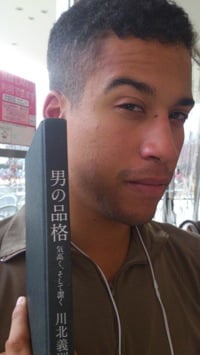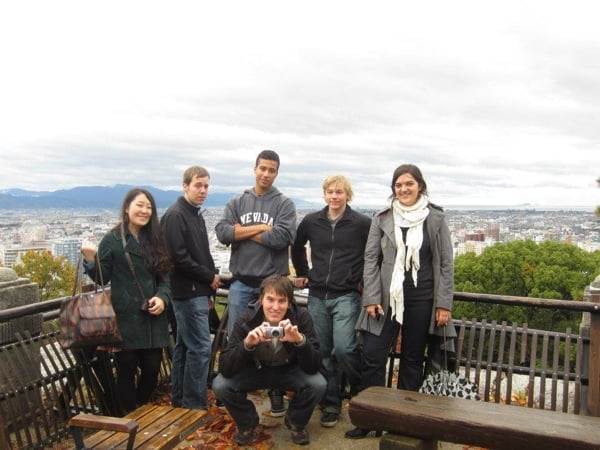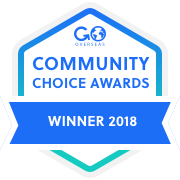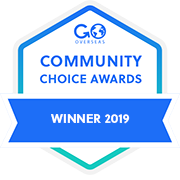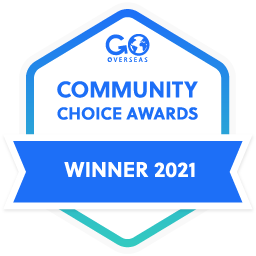Location
- Japan
Term
Academic Year, Fall
Subject Areas
Biology
Business
Chemistry
Cultural Studies
Education
Graduate Studies
International Relations
Linguistics
Need-based funding, Merit-based funding, General grants/scholarships
Health & Safety
Sep 24, 2024
Feb 22, 2023
31 travelers are looking at this program
About Program
The Hiroshima University Study Abroad Program (HUSA) is designed for students who wish to deepen their knowledge of Japanese culture and society while integrating into classes taught in English or Japanese with Japanese students.
The thriving metropolis of Hiroshima faces the tranquil Seto Inland Sea and is situated in a beautiful natural environment. The northern part of the city is mountainous, and the city's ideal location offers recreation opportunities in water sports in the summer and snow sports in the winter. Hiroshima Prefecture is dominated by the Chugoku Mountain Range with its small towns and farming villages that offer traditional festivals and activities for all to enjoy.
Video and Photos
Diversity & Inclusion 💙
LGBTQIA+ Support
There are LGBTQIA+ friends, colleagues, and allies throughout the world. However, cultural understanding of gender identity and sexuality does vary from country to country. USAC has compiled a lot of resources to help you through that learning process.
Accessibility Support
USAC is dedicated to working closely with students with disabilities to ensure the best study abroad experience possible. You may request reasonable accommodations after your initial application is complete. We routinely receive requests for scheduling, material, and environmental accommodations for the classroom setting, which may include assistive technology, scribes and readers, printed material, and interpretation.
Impact 🌎
Sustainability
Environmentally-conscious students choose USAC because many of our programs are held in some of the most sustainable countries in the world. There are options to take coursework in sustainability and the environment, as well as field trips and studies where students can leave a lasting impact on their host country.
Program Highlights
- Choose from a range of courses taught in English including STEM fields, five levels of Japanese language courses, and a Global Support Internship offering placement in local city halls and schools.
- Live in a beautiful region of Japan while studying at one of its most prestigious universities, and experience firsthand a country rich in culture and history.
- Improve your language skills and understanding of Japanese society through an internship with a local organization or a community service practicum with Japanese students.




